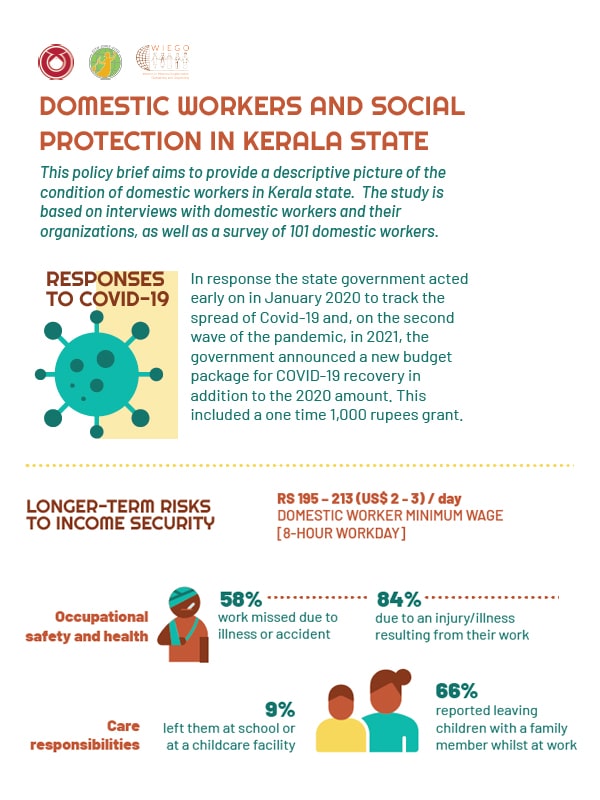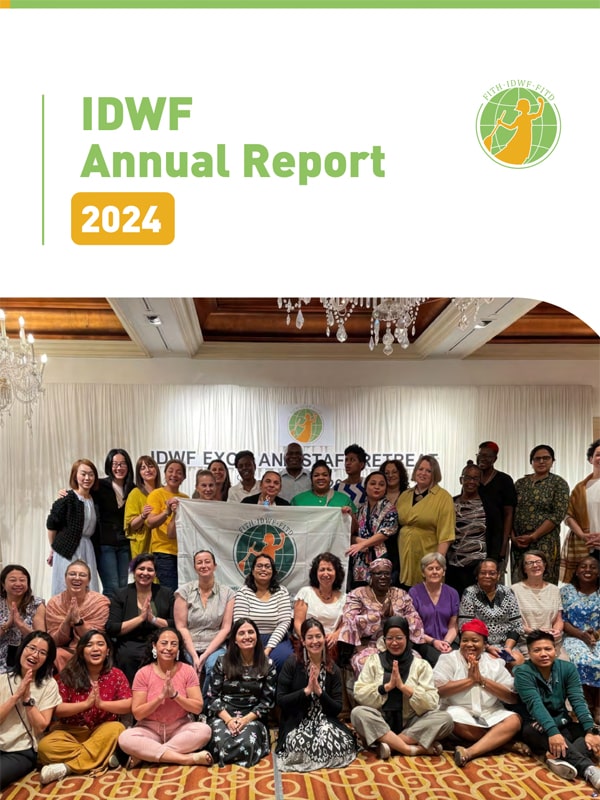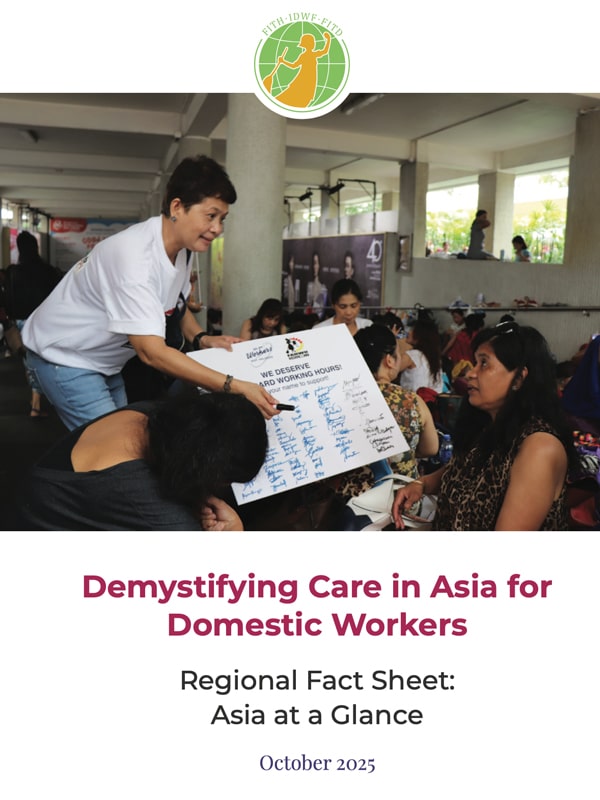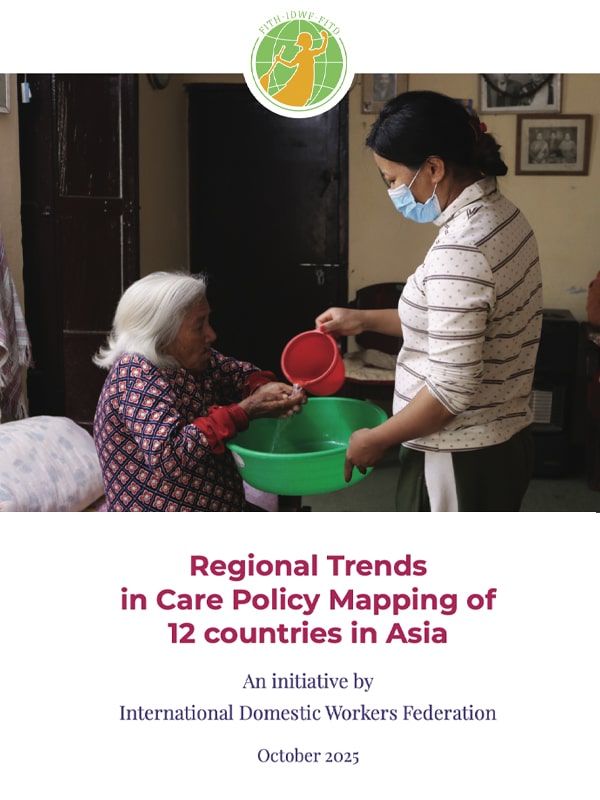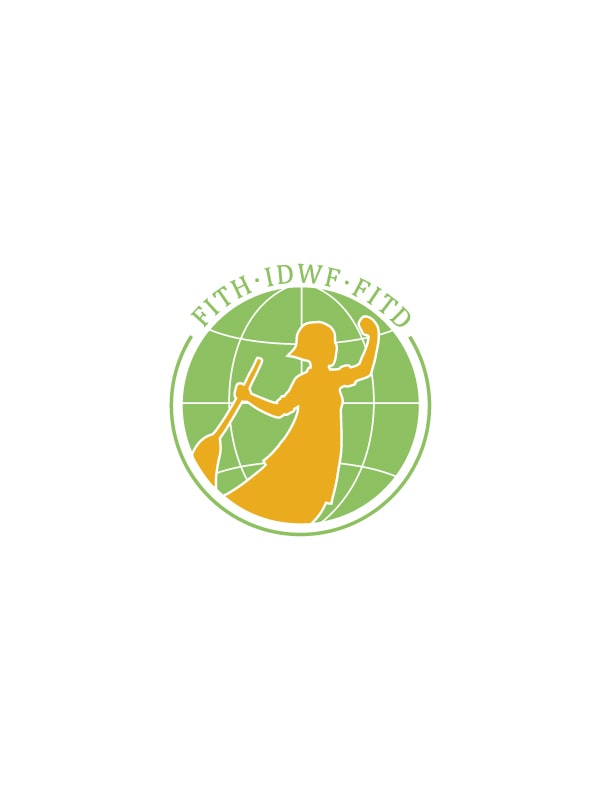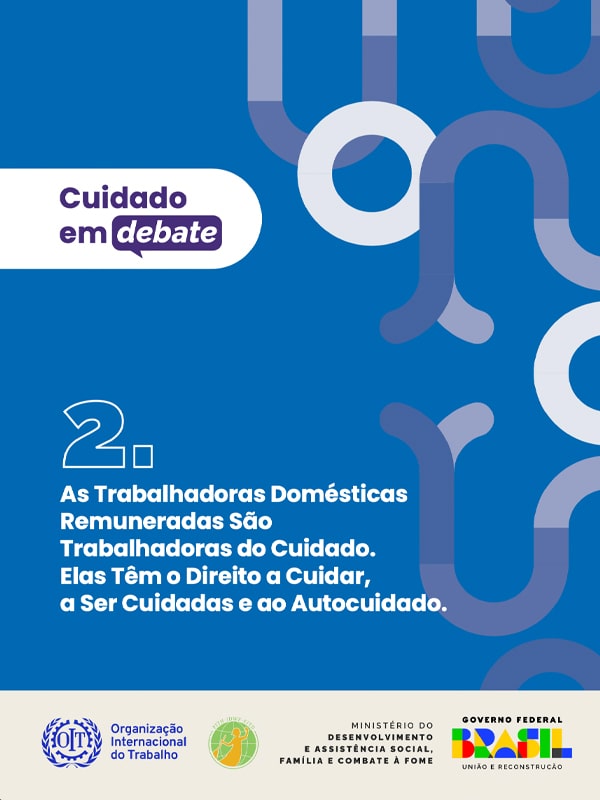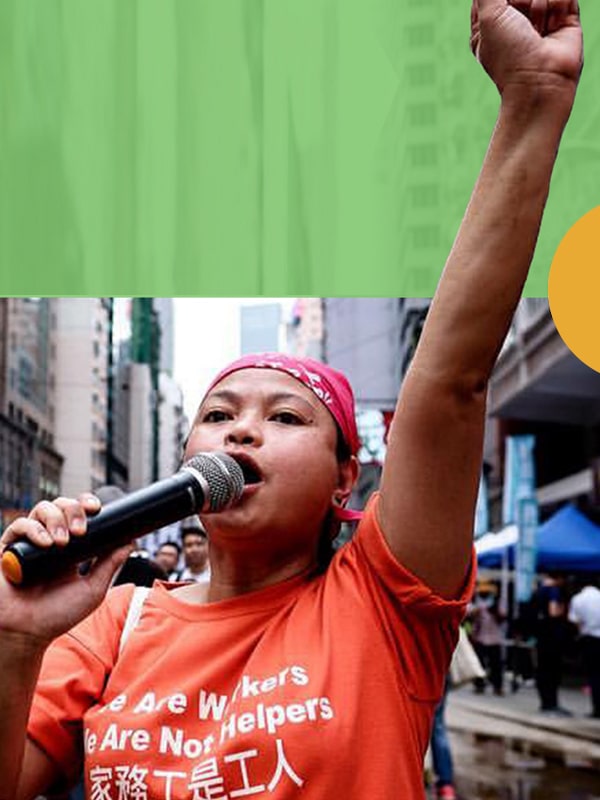This policy brief aims to provide a descriptive picture of the condition of domestic workers in Kerala state. The study is based on interviews with domestic workers and their organizations, as well as a survey of 101 domestic workers.

In response the state government acted early on in January 2020 to track the spread of Covid-19 and, on the second wave of the pandemic, in 2021, the government announced a new budget package for COVID-19 recovery in addition to the 2020 amount. This included a one time 1,000 rupees grant.
Policy context
In 2016 the Kerala Unorganized Workers Social Security Board was formed to provide minimal social security coverage to domestic workers, along with four other occupational groups in the unorganized sector. The board has been registering domestic workers since 2018. The board does not receive any contribution from employers unlike other welfare boards for construction workers, toddy tappers, and beedi and cigar workers.
Employer contributions to these other boards mean they are better resourced and can provide more adequate social security benefits to registered workers. Domestic workers are also entitled to health and medical insurance under the Rashtriya Swasthya
Bima Yojana launched by the central government in 2008 to below poverty line households. In Kerala, however, the scheme was implemented in all districts and is extended to all families. Therefore, domestic workers are covered even if their households are not living below the poverty line. Kerala’s health care system is ranked the best in India with a relatively high level of public health expenditure at 5.5 percent of total expenditure in 2020/21, according to the International Labour Organization.
Download here

